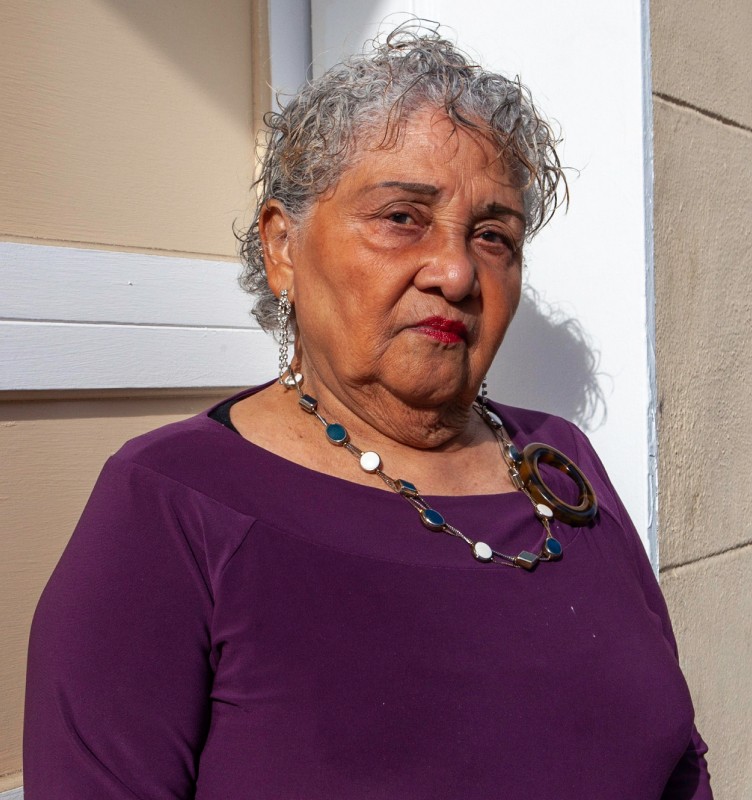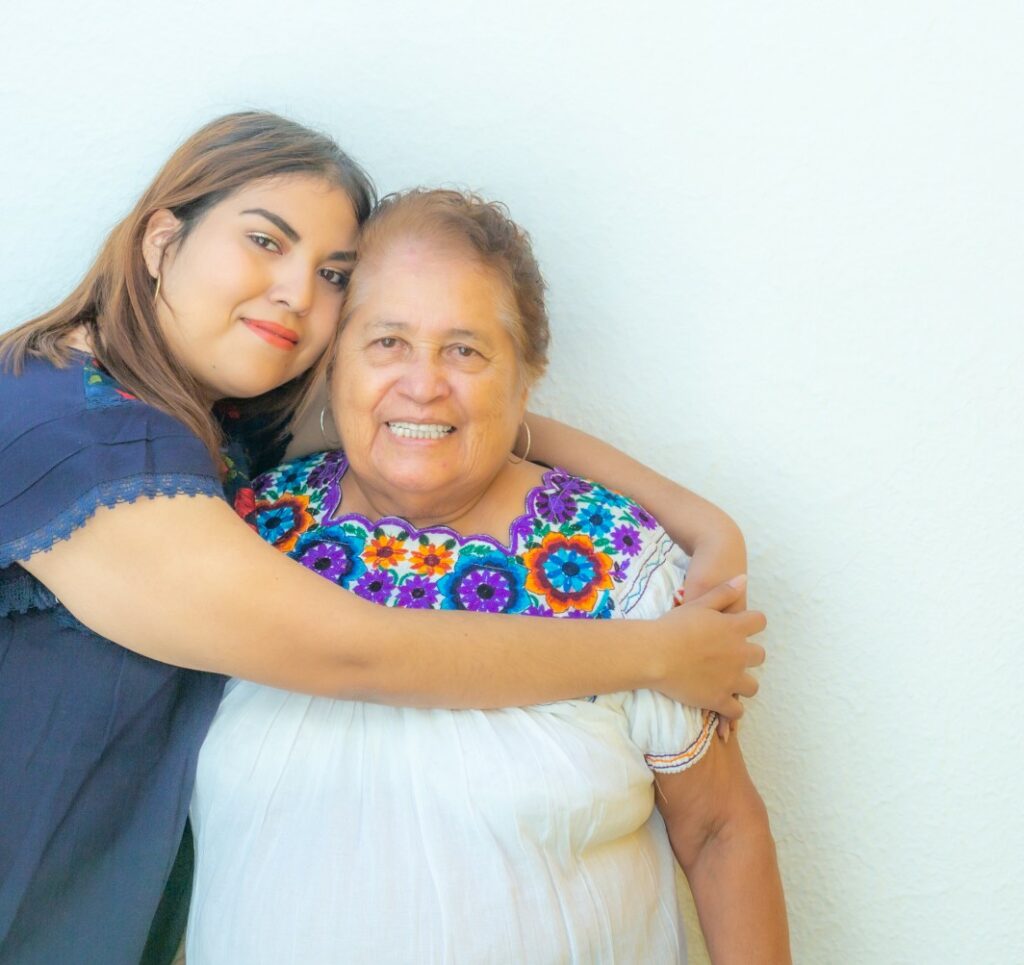
What We Do
Caregiving
As the population of older adults increases and life expectancies continue to rise, most of us will need care from both family and paid caregivers at some point.
The Case for Caregiving
Every day, approximately 10,000 Americans turn 65. The population of older adults is rapidly increasing, and life expectancies continue to rise. Most of us wish to age in place in our communities, and at some point, we will need care from both family and professional caregivers.
The growing demand for long-term services and supports is creating a direct care boom, and in the coming years, millions of jobs are expected to be filled to meet this expanding need.
Still, elder caregiving is one of the most overlooked issues and our long-term care infrastructure is unprepared for the impending demographic shift. Low wages present a significant hurdle for care workers to sustain themselves, exacerbated by societal norms that do not honor the vital role of caregivers. With a disproportionate impact on low-income people, people of color, women, and immigrants, the time is ripe for change. As this crisis intensifies, Metta Fund is committed to elevating equity in caregiving so that elders can age with health and dignity, and so that professional caregivers can be supported, paid a living wage, and valued for their work.

The Case for Caregiving
Every day, approximately 10,000 Americans turn 65. The population of older adults is rapidly increasing, and life expectancies continue to rise. Most of us wish to age in place in our communities, and at some point, we will need care from both family and professional caregivers.
The growing demand for long-term services and supports is creating a direct care boom, and in the coming years, millions of jobs are expected to be filled to meet this expanding need.
Still, elder caregiving is one of the most overlooked issues and our long-term care infrastructure is unprepared for the impending demographic shift. Low wages present a significant hurdle for care workers to sustain themselves, exacerbated by societal norms that do not honor the vital role of caregivers. With a disproportionate impact on low-income people, people of color, women, and immigrants, the time is ripe for change. As this crisis intensifies, Metta Fund is committed to elevating equity in caregiving so that elders can age with health and dignity, and so that professional caregivers can be supported, paid a living wage, and valued for their work.
Median annual care worker earnings
Workers in the direct care workforce
Of adults 65+ will need long-term care
Understanding the Caregiving Crisis
01
Long-term care costs
Access to care is inherently an equity issue, with millions of older adults grappling to afford essential long-term care and support services.02
Shortage of paid workers
Workers’ wages, benefits, working conditions, and career pathways must improve to meet the growing demand for caregivers.03
Devaluing of care work
American culture has long undervalued care work and discredited its importance to our lives. Women and people of color provide most paid care work.04
Lack of long-term infrastructure
Our infrastructure is unprepared for our rapidly aging population. We need a well-funded system that centers the needs of families across the lifespan.
Our Approach to Caregiving
Through the Caregiving portfolio, we fund equity-focused work that recognizes the importance and value of care workers and ultimately leads to older people’s ability to live fully in community settings.
Our interests include but are not limited to: supporting paid caregivers to receive training and job readiness skills; access to culturally and linguistically appropriate information and services; and providing skills and opportunities to paid caregivers to educate the public and decision-makers about the value and rights of low-income and immigrant caregivers through advocacy, research, and storytelling.

Our Approach to Caregiving
Through the Caregiving portfolio, we fund equity-focused work that recognizes the importance and value of care workers and ultimately leads to older people’s ability to live fully in community settings.
Our interests include but are not limited to: supporting paid caregivers to receive training and job readiness skills; access to culturally and linguistically appropriate information and services; and providing skills and opportunities to paid caregivers to educate the public and decision-makers about the value and rights of low-income and immigrant caregivers through advocacy, research, and storytelling.
